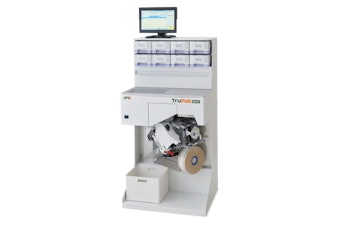The FDA has issued new guidance for immediate implementation to reduce the potential transmission risk of the Zika virus from human cells, tissues and cellular, and tissue-based products.
The guidance addresses donation of HCT/Ps from both living and deceased donors, including donors of umbilical cord blood, placenta or other gestational tissues.
Living donors of HCT/Ps should be considered ineligible if they were diagnosed with Zika virus infection, were in an area with active Zika virus transmission or had sex with a male with either of those risk factors within the past six months. Donors of umbilical cord blood, placenta or other gestational tissues should be considered ineligible if they have had any of the above risk factors at any point during their pregnancy.
Deceased donors should be considered ineligible if they were diagnosed with Zika virus infection in the past six months.
A deferral period of six months was chosen because of the limited data available on the length of time the virus can persist in all tissues.
Less evidence exists regarding the potential for transmission of Zika virus by HCT/Ps typically recovered from deceased donors. As more information becomes available, the understanding of the risks to recipients of HCT/Ps, including HCT/Ps recovered from deceased donors, may evolve, according to the agency.






















